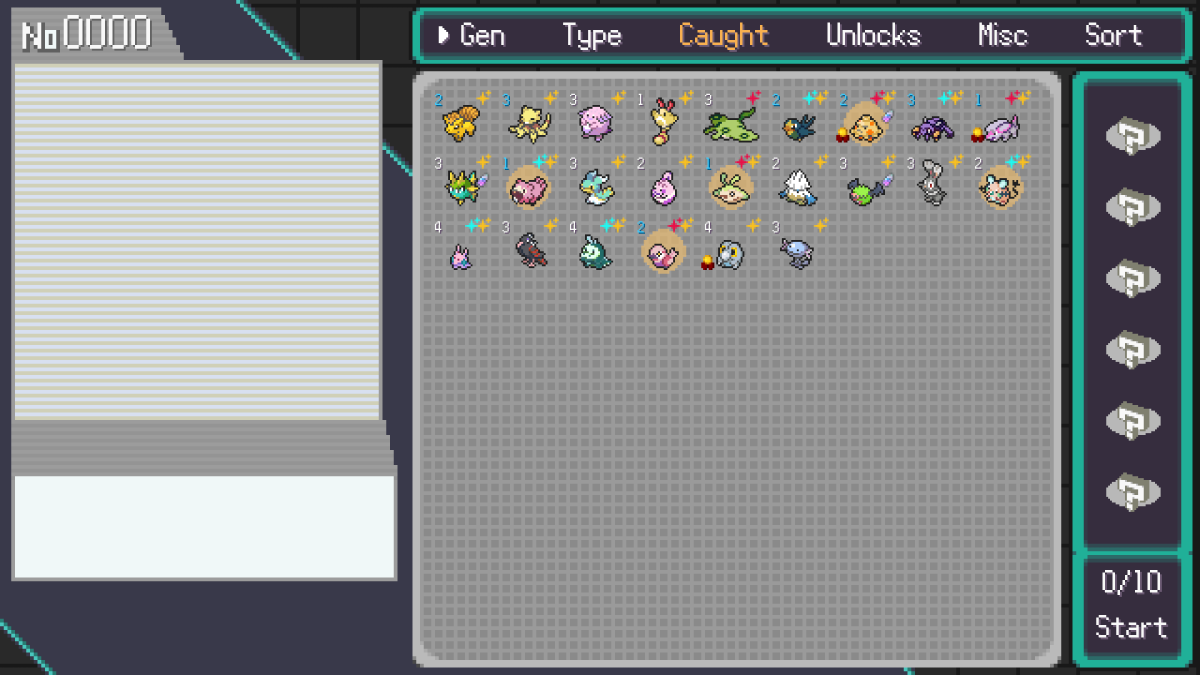Let’s face it – unless you wish to pursue a career in grease-trap cleaning or message-taking, you are going to need a resume. And in this economy, it cannot be just any old resume. You need things that are going to “set you apart” from other applicants, such as “May-June 2001: Killed Wicked Witch of the West.”
Unfortunately, a resume stuffed full of accomplishments is not something all of us have. Oh sure, there are the overachievers who are involved in 12 organizations, eight of which they chair, have three jobs, volunteer at nursing homes, build shelters for the homeless in Paraguay and maintain a 4.0 – all while keeping their houseplants alive and sending birthday cards on time.
Most of us, however, have an assortment of odd jobs and a few organizations whose meetings we occasionally attend if they do not conflict with studying, television or napping.
This is no good.
Employers want people whose schedules are stuffed to the gills, to the extent that their planners must include designated bathroom breaks, preferably color-coded. So if this is not how you do things, you must treat your resume like an under-researched paper that is due the next day – flagrantly pad it, and cheat with footnotes and creative fonts, if necessary.
There are three categories that should be included on your resume: organizations, awards and honors, and previous employment. If your experiences have been skimpy, here’s how you fix them:
Organizations: Just go ahead and lie outrageously. Put down every organization you have been invited to join, even if you never applied because the application process was too difficult. If you don’t want to do that, just make one up; give it a Greek-sounding name, like “Alpha-Beta Carotene.” Academic frats all do the same things with different names, so if someone asks you what you did in the organization, spout off something about “excellence in academic leadership,” “leadership in community excellence” or “academics in leadership communities.”
Or, you can give it a name like “Society of Overachieving Goat Farmers,” and not only will you sound smart, you’ll sound diverse and have a better chance of being hired.
Awards and Honors: You’ll look desperate if you list “Spelling Bee Champ, Woodside Elementary (1992),” so I don’t recommend using anything won before you hit puberty. If you don’t have any, you must make the best of the situation, by which I mean comb through the community section of small-town newspapers and pick out high school awards that have a nice ring to them, such as “Aristotle Award of Excellence” or “Academic Achievement Award.”
Luckily, most of us graduate high school with some idiotic award for something like remembering how to breathe, and the award was always named to sound more important than it actually was.
If do you actually have an important and valuable award, you may want to add parenthetically, “I actually won this!” so potential employers know you are not just kidding around.
Previous Employment: The key concept to take note of in this area is verbs. It doesn’t matter what kind, really, because the whole point of listing what you did in your high school and college jobs is to test your ability to use jargon and drivel for extended periods of time. For example, let’s say you worked at a clothing store at the mall:
WRONG: “bore the brunt of sheer human stupidity”
RIGHT: “analyzed, communicated, adapted to customers’ needs”
WRONG: “gave Julia her 10-minute break”
RIGHT: “organized, worked as a team, enabled positive employee relations”
WRONG: “spent hours picking clothes off the floor and out of dressing rooms that careless people dropped and left, as if there existed, within the heating ducts of the facility, a magical creature named the Clothing Fairy With Lots of Time On Her Hands, who loves to whisk these clothes away to her secret nest by the boiler room to fold and put them away”
RIGHT: “designed and implemented store layout”
If none of these helpful tips work for you, or if you want to talk to people who actually know what they are doing, you could go see the fine folks at Career Services.
Or – and this would be my advice for the experienced slackers – you can always try playing with the margins.
Bestul is a senior Spanish major and a sports editor of The Spectator.






